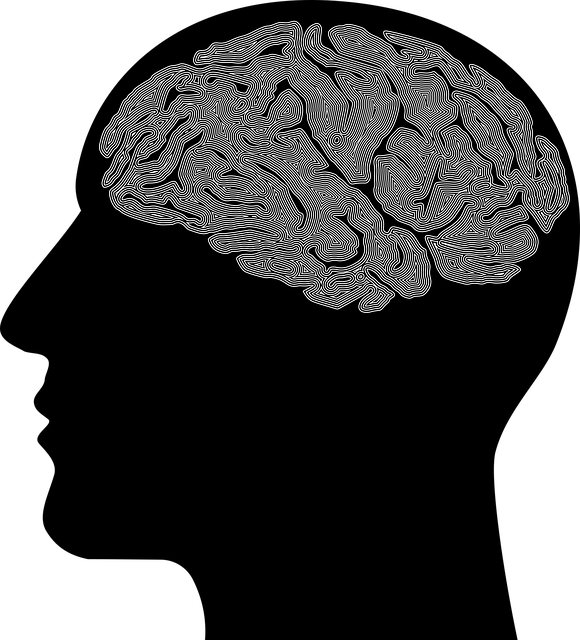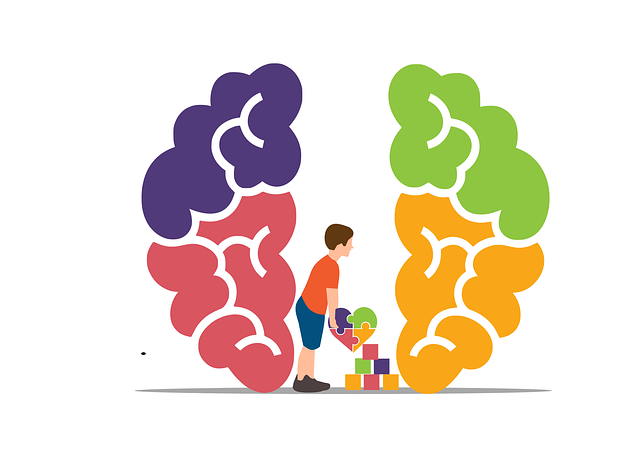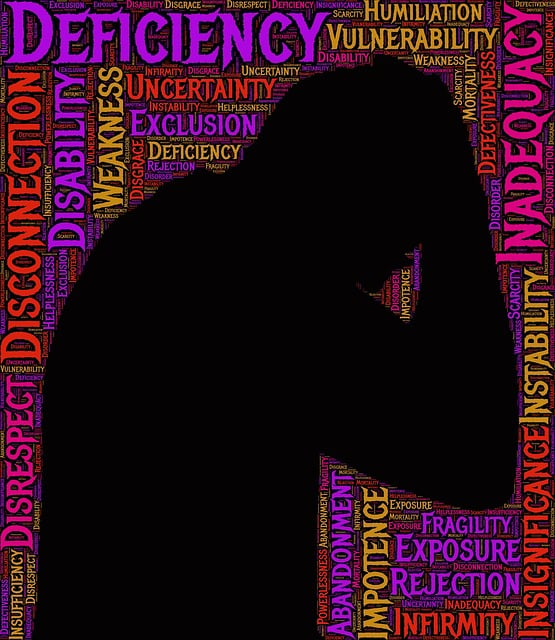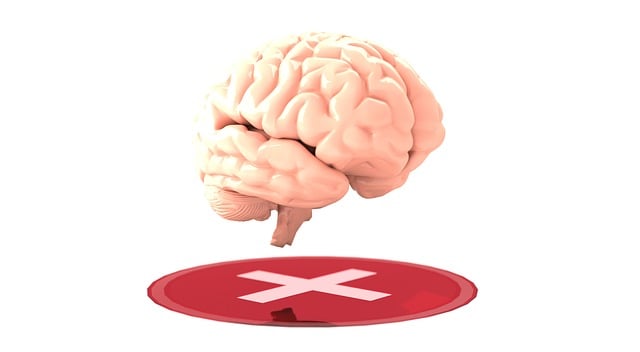Children's emotional development is vulnerable to stress, with academic pressures, social issues, and family problems common triggers. Unaddressed stress can lead to significant challenges in school and behavior. Mindfulness techniques, trauma therapy, and access to mental health services including CBT are crucial for overcoming stressors. Depression treatment through Interpersonal Psychotherapy and mental health education programs empower children to manage their emotional well-being. Creating a supportive home environment with regular family activities fosters communication and trust. Advocacy for mental health policies ensures access to resources like therapy for children depression, promoting holistic child development.
Stress reduction is a vital aspect of fostering healthy development in children. This article explores comprehensive strategies to tackle childhood stress and its potential impact on mental health. We delve into understanding the unique stressors faced by kids, offering insights into how therapy can be an effective game-changer in managing depression. Additionally, practical tips for parents are provided to create a supportive home environment, ensuring children’s resilience and overall well-being. Discover effective approaches, from cognitive-behavioral therapy to everyday habits, designed to help young minds thrive.
- Understanding Children's Stress and Its Impact
- Effective Therapy Approaches for Depression in Kids
- Practical Strategies to Support Children's Mental Well-being at Home
Understanding Children's Stress and Its Impact

Children experience stress just like adults, but their responses and expressions can be different. It’s crucial to understand that young minds are still developing emotional regulation skills, making them more vulnerable to anxiety and depression. Stressors for kids can range from academic pressures and social challenges to family issues or traumatic events. Unaddressed stress in children can lead to various problems such as difficulties in school, behavioural issues, and even long-term mental health concerns.
Public awareness campaigns play a vital role in helping parents, caregivers, and educators recognise the signs of childhood stress and provide appropriate support. By promoting Mindfulness Meditation techniques, these campaigns can empower kids to manage their emotions effectively. Additionally, trauma support services are essential for addressing underlying issues that contribute to children’s stress, ensuring they receive the therapy they need, including treatment for depression, to lead healthy and happy lives.
Effective Therapy Approaches for Depression in Kids

Depression in children is a growing concern, but there are effective therapy approaches to help them cope and heal. Cognitive Behavioral Therapy (CBT) has proven successful in treating youth depression by identifying and changing negative thought patterns and behaviors. This form of therapy teaches kids practical skills to manage their emotions and improve their overall well-being. Another beneficial method is Interpersonal Psychotherapy, which focuses on improving a child’s relationships and social interactions, addressing potential sources of distress or isolation.
Mental health education programs design play a crucial role in supporting these therapeutic processes. By incorporating anxiety relief techniques and emotional healing activities into school curricula, children can learn to recognize and manage their mental health early on. These programs empower young individuals with the knowledge and tools to navigate difficult emotions, fostering resilience and promoting positive mental health outcomes.
Practical Strategies to Support Children's Mental Well-being at Home

Nurturing a child’s mental well-being at home is a multifaceted approach that involves creating a safe and supportive environment. Practical strategies can significantly impact a child’s emotional resilience, especially in mitigating stress and fostering healthy coping mechanisms. One effective method is incorporating regular family activities that promote open communication. Simple practices like dedicated ‘check-in’ times or shared meals encourage children to express their feelings and thoughts, fostering an atmosphere of trust and understanding.
Additionally, integrating therapy for children with depression into daily routines can be beneficial. Techniques such as mindfulness exercises and cognitive-behavioral therapy (CBT) teach emotional regulation skills, empowering kids to manage stress. Mental health policy analysis and advocacy also play a crucial role in ensuring access to these resources, highlighting the importance of community support and education to create a holistic environment that nurtures and protects children’s mental health.
In understanding the profound impact of stress on children’s mental well-being, this article has explored various effective strategies. From recognizing and addressing childhood depression through specialized therapy approaches like cognitive-behavioral therapy (CBT) to implementing practical home practices, each section highlights a crucial aspect of fostering resilience. By integrating these evidence-based methods, parents, caregivers, and educators can create supportive environments that promote healthy coping mechanisms in children, thereby enhancing their overall mental health and happiness.








